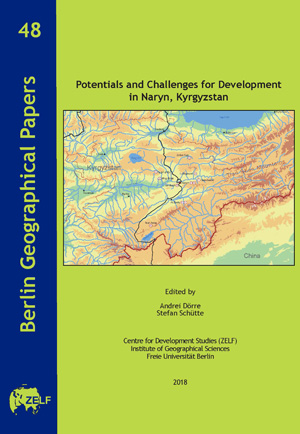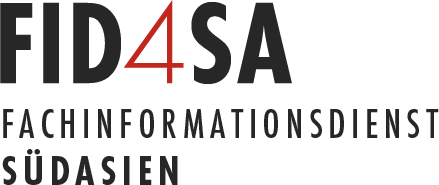Musaeva, Kaliman
Potentials and Challenges for Development in Naryn, Kyrgyzstan
After gaining independence in 1991, Kyrgyzstan experienced fundamental transformations of the political system, the economy and the sociocultural sphere. These transformations had various immediate impacts on the people’s daily life in terms of income generation, the provision with food and consumer goods, the management and use of locally available natural resources, as well as the availability of reliable social services, including health and education. Questions related to national belonging and religious identity represent another fundamental challenge of the post-Soviet era, requiring the search for new answers. Against this background, the student project focused on three thematic clusters including ten subprojects: I) ‘Economy: markets, trade, and agriculture’; II) ‘Connections and relations: rural-urban nexuses’; and III) ‘Culture and society: religion and identity’. The studies were conducted in close cooperation with the Naryn State University named after S. Naamatov located in Naryn Town, the administrative centre of Naryn Oblast’. Ten groups of up to three Kyrgyz and German students addressed specific issues through case study approaches applied in selected rural and urban settings of the province. The scope of the individual subprojects encompassed issues like the car trade and public transport system in Naryn Town, the bazaar economy of the city, trade and value chains of milk and other animal products, the management and utilisation of pastures and irrigation water, challenges related to drinking water supply, small-scale gold mining, endogenous development potentials, and the representation of national identity in the study region. This report includes a selection of the manifold results gained by the Kyrgyz-German student group, and presents six case studies addressing diverse topics








